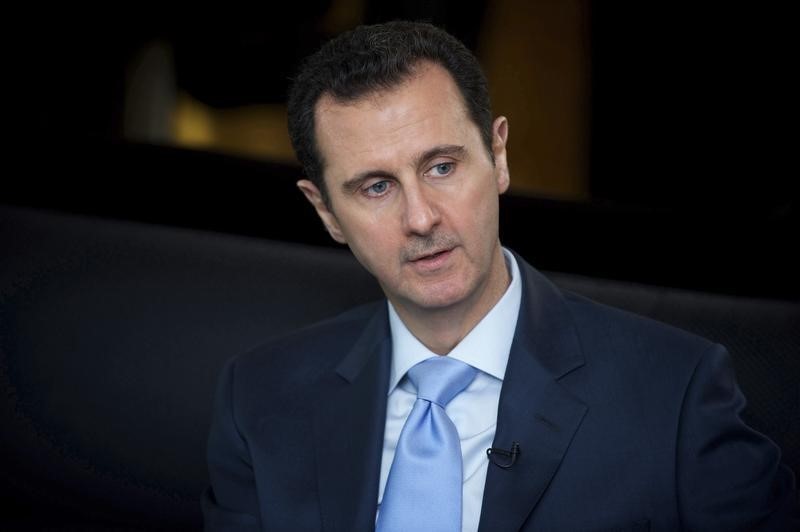BRUSSELS (Reuters) - The European Union on Friday welcomed Syrian President Bashar al-Assad's decision to allow humanitarian access to the town of Madaya, and called for a halt to all attacks on civilians in the conflict, ahead of peace talks later this month.
The war in Syria has killed an estimated quarter of a million people in nearly five years, ravaging the country and creating a breeding ground for radical Islamists as regional allies and global players back different sides in the conflict.
The United Nations hopes to convene talks between Damascus and the Syrian opposition on Jan. 25, and the blockade of Madaya, near the border with Lebanon, has become a focal issue for Assad's opponents.
"The decision of the Syrian regime to allow humanitarian access in Madaya is a first step in the right direction," Federica Mogherini, the EU's foreign policy chief, and the bloc's Commissioner for Humanitarian aid and Crisis Management, Christos Stylianides, said in a joint statement on Friday.
"The European Union welcomes it and expects it will be fully implemented and extended by all parties to all the cities under siege."
A new Syrian opposition group created to oversee peace negotiations has also demanded that Damascus halt the bombardment of civilian areas and use of barrel bombs, and urged it to release detainees before the talks, calls echoed by Mogherini and Stylianides.
"It will be important to implement concrete confidence building measures in support of the upcoming intra-Syrian political talks scheduled to start at the end of January: an end to attacks on civilians, to aerial bombardments and sieges of civilian areas," they said in the EU statement.

Blockades have become common in the war, with government troops holding rebel-held areas near Damascus under siege for several years and, more recently, rebel groups blockading some territory loyal to Assad, who has the military backing of Iran and Russia.